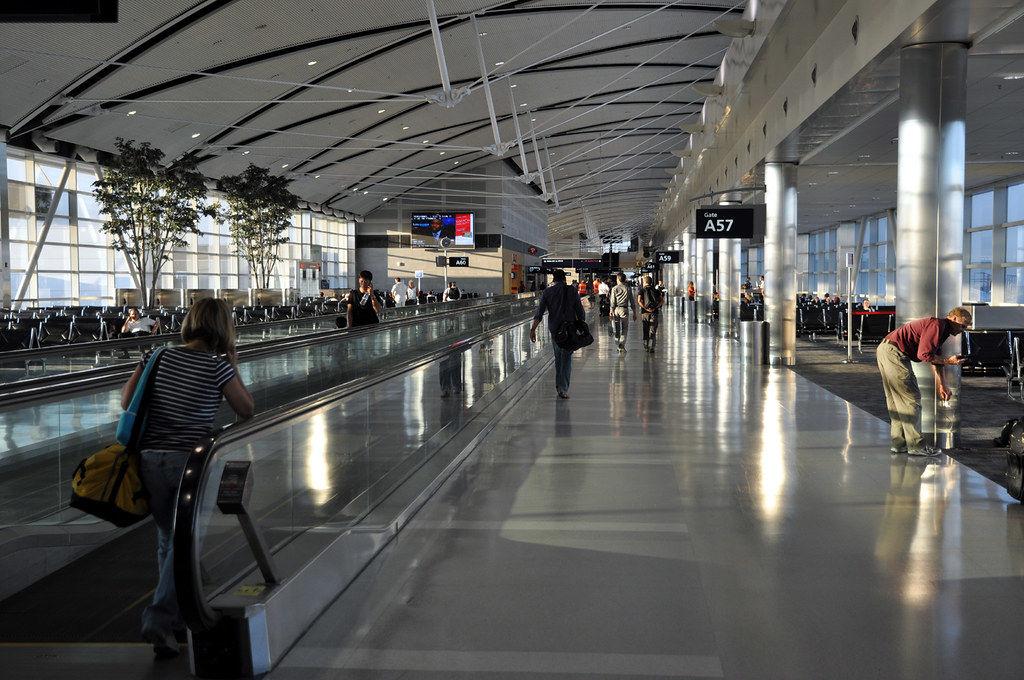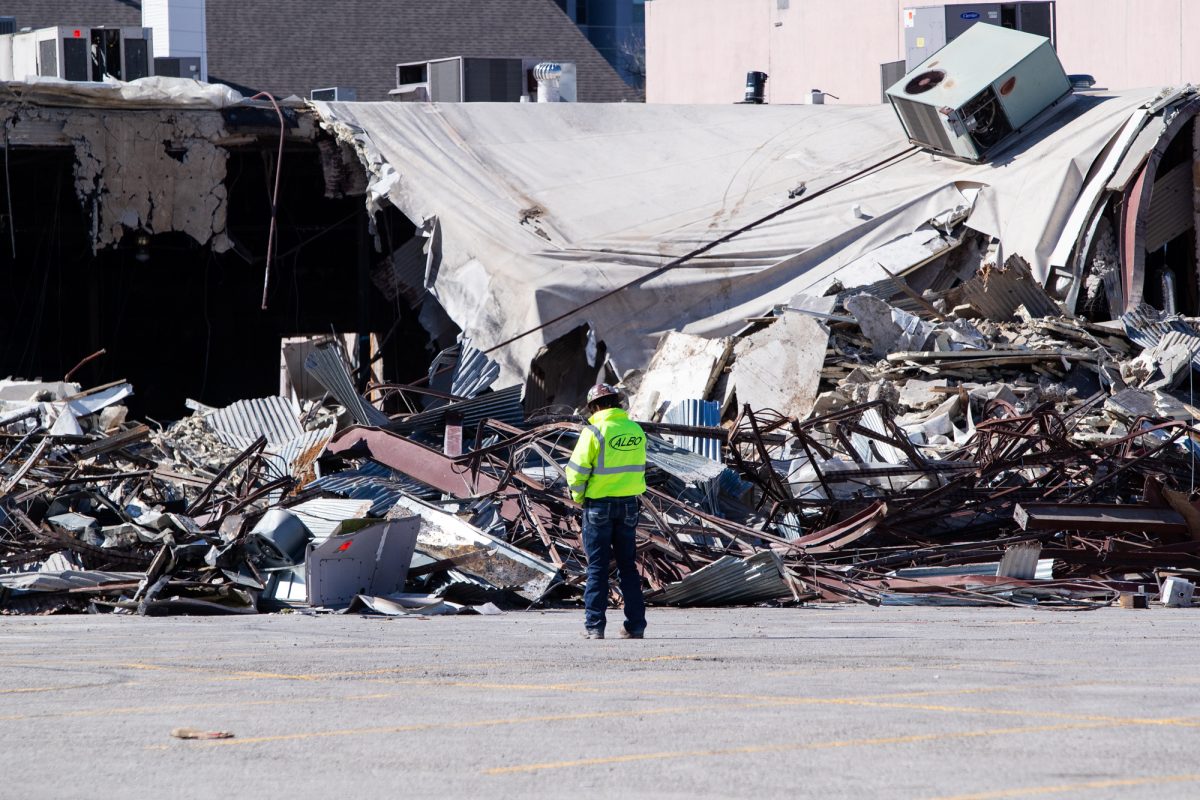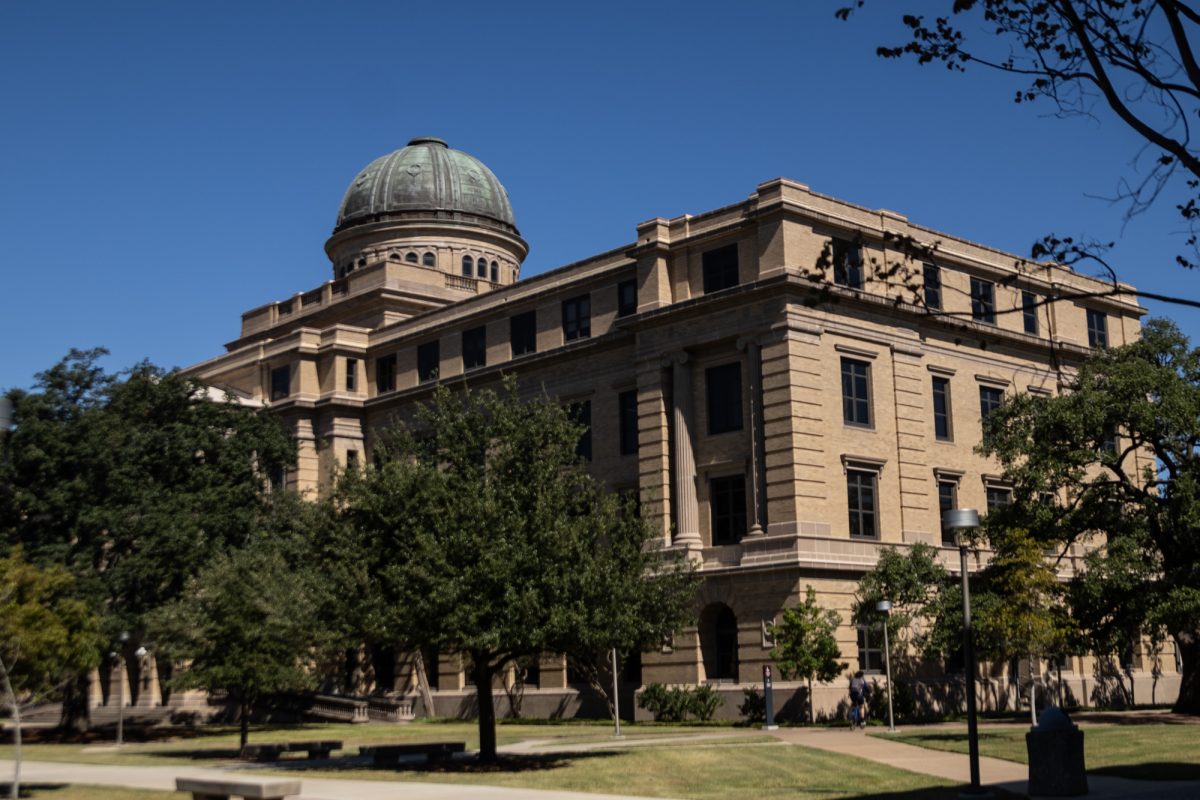President Trump’s controversial travel ban has been extended to include six new countries.
Citizens of Nigeria, Myanmar, Eritrea and Kyrgyzstan will be barred from obtaining immigrant visas. At the same time, those of Sudan and Tanzania will be prohibited from obtaining diversity visas, also known as the green card lottery.
Many against the ban claim it targets African and Muslim majority countries, continuing the controversy from Trump’s previous proposed restriction on Iran, Iraq, Libya, Somalia, Sudan, Syria and Yemen, which was later blocked by a federal court. Oluwabukola Makinde, a research and program aide with the Norman Borlaug Institute said the ban is discriminatory.
“I kind of think it’s a little bit unfair given the reasons that the ban was put on Nigeria,” Makinde said. “I would think because Nigeria is a predominantly Muslim country, we have maybe 45 percent of Nigerians are Muslim, but President Trump said it was more of security reasons.”
Andrew Natsios, an executive professor at the Bush School and director of the Scowcroft Institute of International Affairs, said he believes the bans complicate things such as academic changes and trade.
“Kyrgyzstan is not Africa, Myanmar is not Africa, and Myanmar is primarily Buddhist and Kyrgyzstan, while it is theoretically Muslim, it’s a very secularized, not country, but region,” Natsios said. “If you want to protect the United States, you do it on an individual basis. You don’t do it for a whole country. This is not going to succeed in protecting us. I think it’s a bad idea.”
The ban faced a mass backlash from Nigerians due to the country’s inclusion alongside what some have called “pariah states” such as Myanmar and Eritrea. Jessica Gottlieb, an assistant professor at the Bush School, said Nigeria is different from the other banned countries.
“What I can say about Nigeria that makes it not a pariah state is that it allows for quite a wide range of public expression and it protects civil and human rights to a pretty large extent relative to what we’d expect in a pariah state,” Gottlieb said. “As I see it, pariah states are those in which there are things going on that we don’t want to condone.”
Makinde said Nigeria stands out among other African nations, and it shouldn’t be included on the list.
“The statistics are really evident that Nigerians are highly educated people,” Makinde said. “The things that are going on within our country right now aren’t particularly encouraging for people to stay. There is nothing stopping Nigerians from staying in Nigeria if we didn’t have bad government or corruption or bad infrastructure.”
Makinde said this ban was quite surprising considering the success of Nigerians in regard to education and employment.
“I think this is what Nigerians here emulate, they’re well educated, they’re working big white-collar jobs, they do their due diligence, and so it’s shocking,” Makinde said.
Travel ban extends to Africa and Middle East
February 23, 2020
Photo by Creative Commons
Airport Terminal
0
Donate to The Battalion
$810
$3500
Contributed
Our Goal
Your donation will support the student journalists of Texas A&M University - College Station. Your contribution will allow us to purchase equipment and cover our annual website hosting costs, in addition to paying freelance staffers for their work, travel costs for coverage and more!
More to Discover










